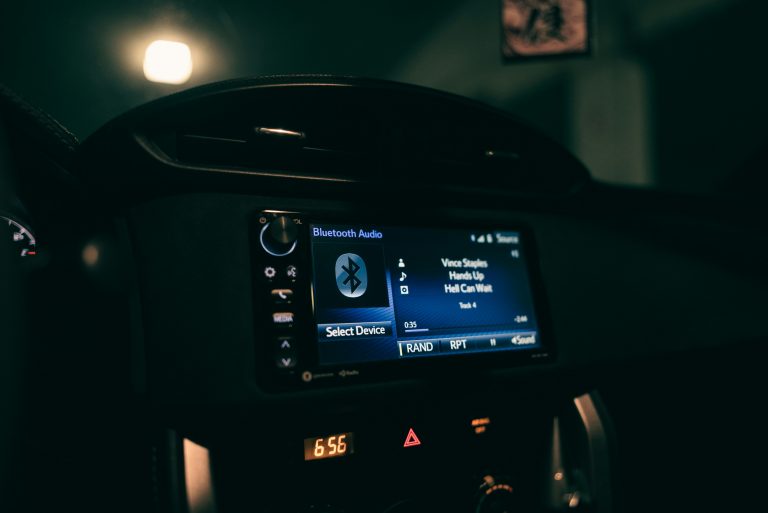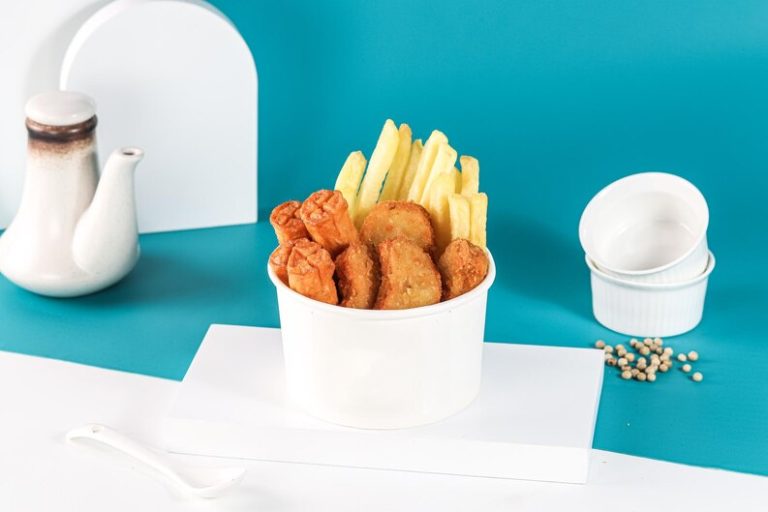The healthcare and wellness sector in the UAE is rapidly embracing digital transformation as patients demand faster access, personalized care, and seamless experiences. From appointment booking to virtual consultations and wellness tracking, mobile technology now plays a central role in modern healthcare delivery. Partnering with experienced app developers Dubai enables clinics, hospitals, wellness brands, and health startups to create intelligent applications that improve patient engagement, streamline operations, and support data-driven care models. These digital solutions are redefining how healthcare services are delivered and experienced.
Enabling Seamless Patient Access
Convenience is a major driver of patient satisfaction. Mobile healthcare apps allow users to book appointments, access medical records, receive reminders, and communicate with providers from one platform. Developers design intuitive interfaces that reduce friction and make healthcare more accessible to people of all ages. Easy access improves appointment adherence and reduces administrative workload for medical staff.
Supporting Telemedicine and Virtual Care
Telemedicine has become a critical component of modern healthcare. Mobile apps enable virtual consultations through secure video calls, messaging, and digital prescriptions. Developers build platforms that ensure reliable connectivity, data privacy, and smooth user experiences. These solutions expand access to care, particularly for patients who prefer remote consultations or live in underserved areas.
Managing Health Data Securely

Healthcare applications handle highly sensitive information, making security a top priority. Developers implement encrypted data storage, secure authentication, and role-based access controls to protect patient information. Compliance with healthcare data regulations ensures confidentiality and builds trust between providers and patients. Secure systems allow healthcare organizations to operate confidently in a regulated environment.
Integrating Wellness and Preventive Care
Digital health extends beyond treatment to prevention and wellness. Mobile apps help users track fitness activities, nutrition, sleep patterns, and mental well-being. Developers integrate wearable devices and health sensors to collect real-time data, offering users personalized insights and recommendations. These features encourage healthier lifestyles and proactive care, reducing long-term health risks.
Improving Clinical Workflow Efficiency
Healthcare professionals often struggle with heavy administrative workloads. Custom applications streamline internal processes such as patient onboarding, record management, billing, and reporting. Automation reduces paperwork and errors while improving operational efficiency. This allows doctors and nurses to focus more on patient care rather than administrative tasks.
Enhancing Patient Engagement and Retention
Engaged patients are more likely to follow treatment plans and maintain long-term relationships with healthcare providers. Mobile apps deliver personalized notifications, follow-up reminders, educational content, and progress tracking. These features keep patients involved in their care journey and strengthen provider-patient relationships over time.
Leveraging Analytics for Better Care Decisions
Healthcare apps generate valuable data that supports better decision-making. Analytics dashboards help providers identify trends in patient behavior, treatment outcomes, and service demand. Developers integrate reporting tools that turn raw data into actionable insights, enabling clinics to optimize services, allocate resources efficiently, and improve care quality.
Supporting Scalability for Growing Health Businesses
As healthcare organizations expand, their digital platforms must scale seamlessly. Developers build cloud-based architectures that handle increasing users, data volumes, and service offerings without performance issues. Scalable solutions ensure long-term reliability and support growth across locations or service lines.
Final Thoughts
Technology is transforming healthcare into a more connected, patient-centric ecosystem. By working with skilled app developers Dubai, healthcare and wellness businesses can deliver secure, efficient, and engaging digital solutions that improve access to care, enhance patient outcomes, and support sustainable growth in a rapidly evolving healthcare landscape.










